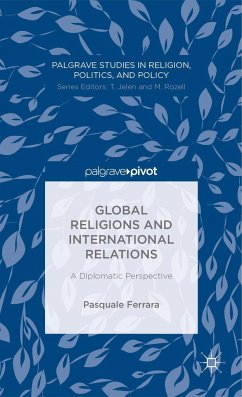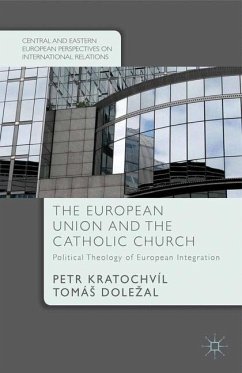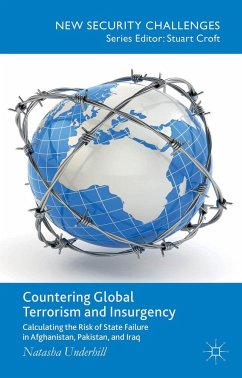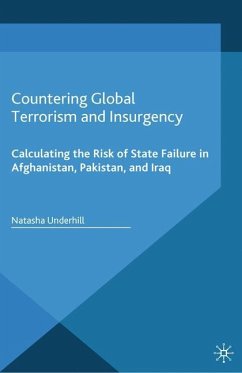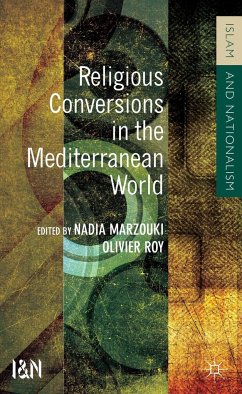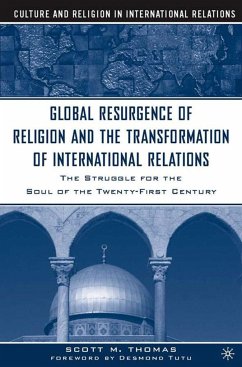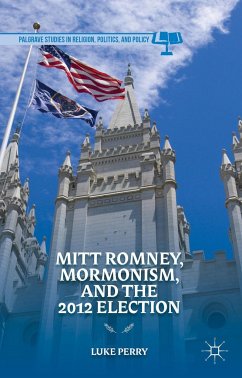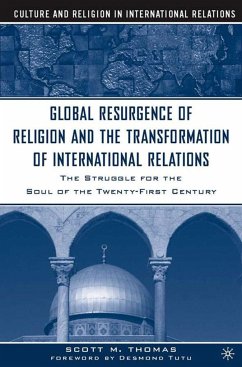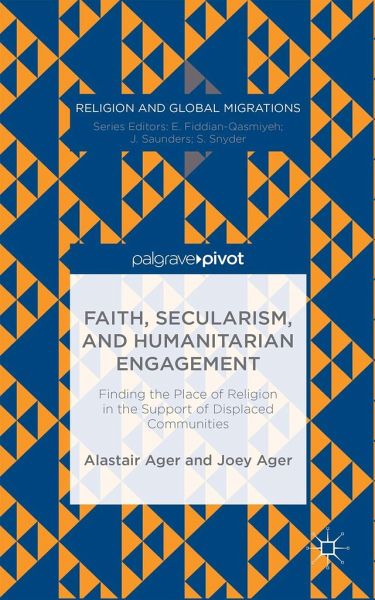
Faith, Secularism, and Humanitarian Engagement: Finding the Place of Religion in the Support of Displaced Communities

PAYBACK Punkte
34 °P sammeln!
Strengthening local humanitarian engagement demands not only rethinking dominant understandings of religion, but also revisiting the principles and practices of humanitarianism. This book articulates key aspects of the 'transborder discourse' necessary for humanitarian dialogue in the 21st century.



